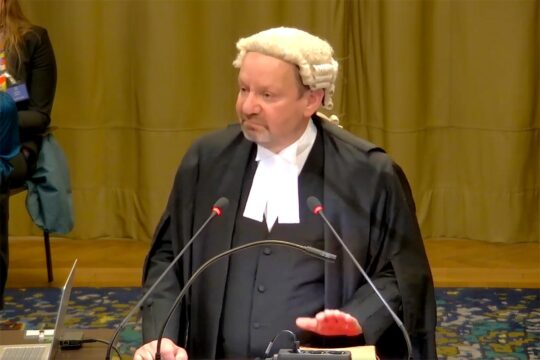Bosnian Serb lawmakers stirred controversy on Friday by announcing a September referendum on whether to keep celebrating their entity's statehood day on January 9, a contentious date in the eyes of Bosnia's non-Serb communities.
The decision, backed by 64 out of 83 deputies, risks deepening ethnic divisions in the Balkan country which since the 1992-1995 war has been made up of two semi-independent entities -- the Serb Republika Srpska and the Muslim-Croat Federation.
The referendum also defies a court order to change the date out of respect for Bosnia's other groups, particularly as it coincides with an Orthodox holiday.
Republika Srpska President Milorad Dodik defended the January 9 date in an address to parliament ahead of the vote.
"This issue is not only about the Day of the Republic, it's a key issue for our overall relations and our future," Dodik said.
Voters in the September 25 referendum will be asked the following question: "Do you support that the Day of Republika Srpska be marked and celebrated on January 9?"
On that day in 1992, Bosnian Serbs proclaimed the so-called "Republic of Serbian people", at a time when Bosnia was still part of the former Yugoslavia. Bosnia's other communities took it as a sign that Bosnian Serbs weren't interested in a united Bosnia.
Three months later marked the start of a war that pitted Muslims and Croats against Serbs and then Muslims against Croats, claiming some 100,000 lives overall.
Bosnian Muslim leader Bakir Izetbegovic filed a formal protest against the January 9 celebrations with the constitutional court in 2013, arguing that it left out Bosnia's other groups.
The court found in his favour late last year and ordered the Serb-run entity to choose a date that would also be acceptable to the country's ethnic Croats and Muslims.
Bosnian Serb political parties however rejected the court's ruling.
Bosnia's two semi-autonomous entities are linked by weak central institutions, while each has its own government and parliament.
Dodik has in the past repeatedly threatened to organise a referendum on the independence of Republika Srpska as well as on the authority of central judicial bodies dealing with organised crime, war crimes and terrorism.


